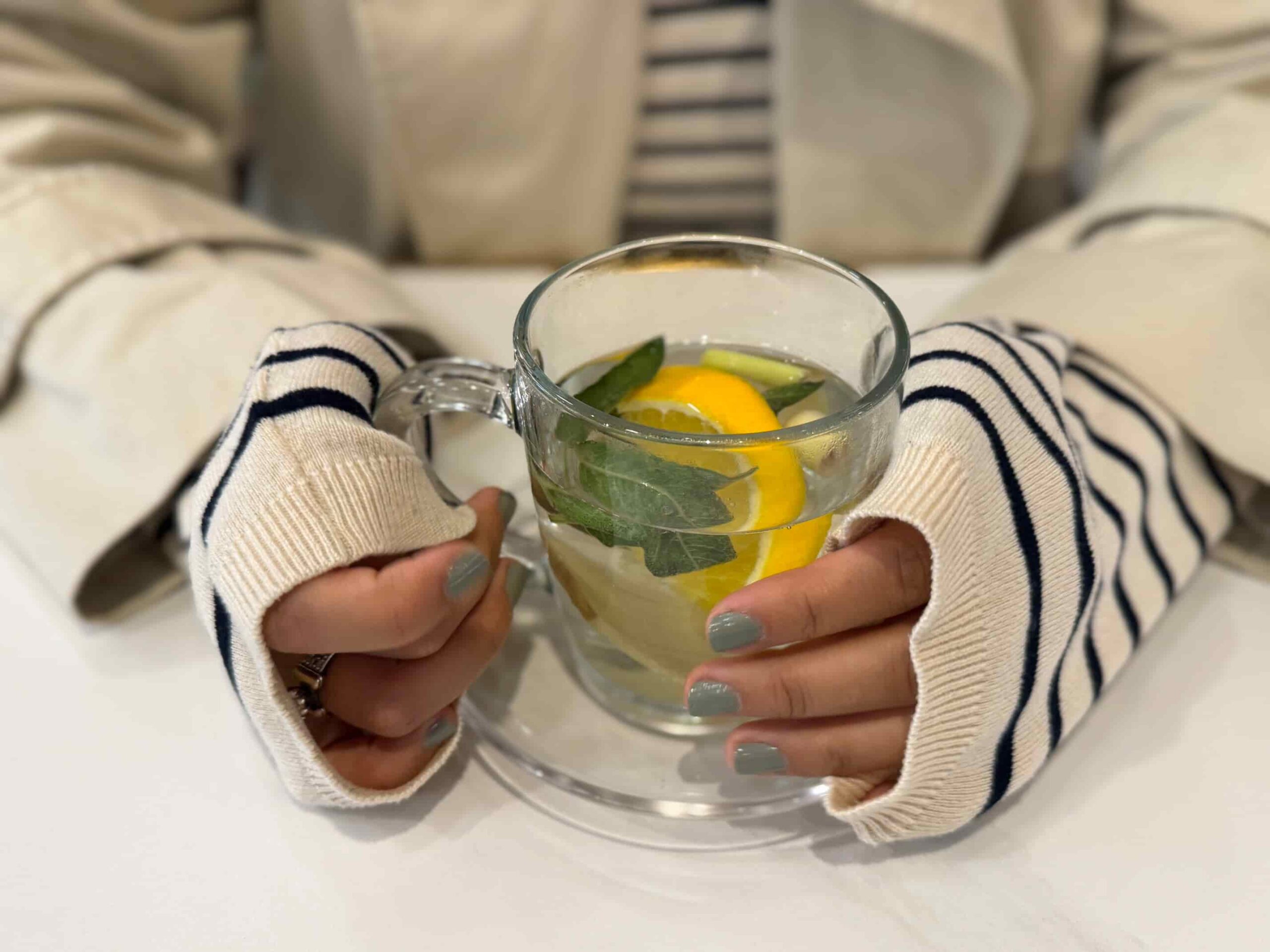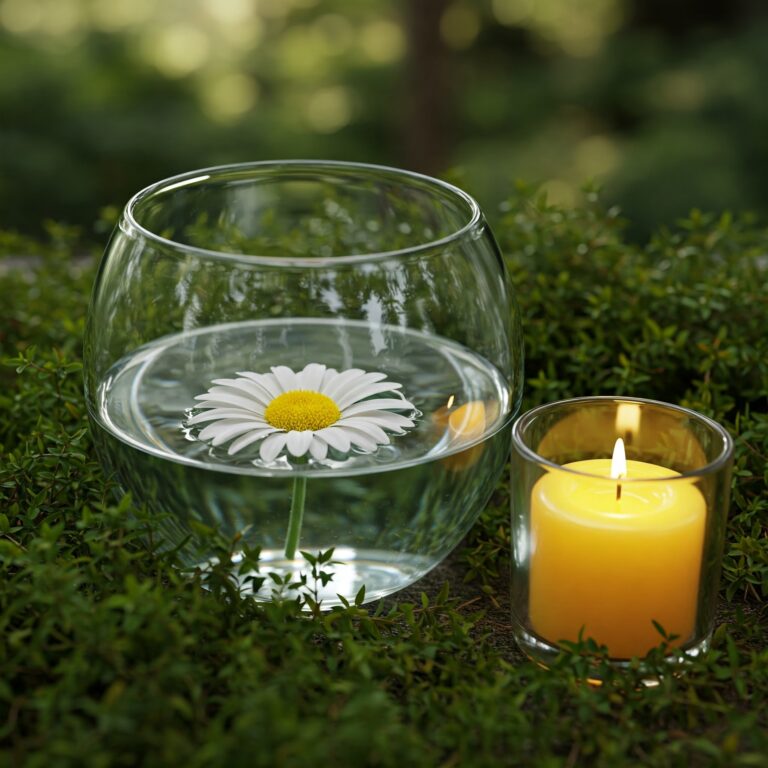As we say goodbye to summer, long sunny days, and outdoor plans, our bodies often react in different ways. Common colds are particularly prevalent as reduced sun exposure and indoor environments increase the transmission of viruses.
To boost your immune system and potentially alleviate cold symptoms, we invite you to harness the power of nature. Here’s a top 3 list of herbs to consider, based on your personal preference and health conditions:
Garlic: This potent kitchen staple offers antiseptic and antioxidant properties. Studies have shown that garlic can prevent colds or at least shorten the duration of symptoms. This is due to a powerful sulfur compound found in garlic and onions, called allicin. Allicin also has anti-inflammatory properties that are best realized when consumed fresh.
Preparation: Slice a clove of garlic and let it steep in a cup of boiling water for 5-10 minutes. Optionally, add a teaspoon of honey. Consume up to two fresh cloves of garlic daily.
Ginger: The spicy root of the ginger plant reduces inflammation similarly to aspirin and is antimicrobial against bacteria and fungi. Fresh ginger infusions are effective in treating ailments such as coughs, colds, and flu. This is due to compounds in ginger called gingerol and shogaol, which exhibit anticancer, antioxidant, antimicrobial, anti-inflammatory, and anti-allergic activities.
Preparation: Use two teaspoons of fresh grated or powdered ginger root per cup of boiling water. Let it steep for 10 minutes. Strain the liquid if desired.
Chamomile: Chamomile is a fragrant herb renowned for its calming aroma and taste. Most commonly enjoyed as a tea, especially after meals, chamomile offers a host of health benefits. Thanks to its anti-inflammatory, antioxidant, and antispasmodic properties, chamomile is effective in soothing the symptoms of the common cold and flu, such as headaches, coughs, irritation, and nasal congestion. It can also help reduce fever.
Preparation: Simply steep 0.5 to 4 grams of dried chamomile flowers in a cup with 150ml of boiling water. Cover and let it steep for 4-5 minutes. Strain and enjoy up to three cups daily.
Enhance Your Healing Experience:
For maximum benefits, hold your teacup in both hands as you take a deep breath. Express gratitude. Honor the plant’s wisdom and ask that its healing properties flow through your body, especially the areas that need it most. As you sip, visualize the plant’s curative energy strengthening your body.
Precautions:
- Consult your healthcare provider before consuming these herbs if you are pregnant, taking medications, or have any underlying health conditions.
- Avoid garlic if you take blood thinners or blood pressure medication.
- Discontinue use of these herbs two weeks before surgery.
References:
Haas, Elson., Barrett, Sondra. (2014). Ultimate Immunity, supercharge your body’s natural healing powers. Editorial Rodale.
Reader’s Digest. (2021).The essential book of herbs: Gardening, health, cooking.
Castleman, M. (2017a). The new healing herbs: The Essential Guide to more than 130 of nature’s most potent herbal remedies. Rodale.
Álvarez Espinoza, M. F., Asiain Arreola, A., Zafra Rojas, Q. Y., Ariza Ortega, J. A., & Martínez Ramírez, E. (2022). Aspectos nutricionales y terapéuticos de jengibre (Zingiber officinale Roscoe), cebolla (Allium cepa) y ajo (Allium sativum L.) como alternativa para prevenir los síntomas de la COVID-19. Educación Y Salud Boletín Científico Instituto De Ciencias De La Salud Universidad Autónoma Del Estado De Hidalgo, 10(20), 237-243.
Srivastava JK, Shankar E, Gupta S. (2010) Chamomile: A herbal medicine of the past with bright future. Mol Med Rep. Nov 1;3(6):895-901. doi: 10.3892/mmr.2010.377. PMID: 21132119; PMCID: PMC2995283.







Interesting information. I love ginger tea with honey